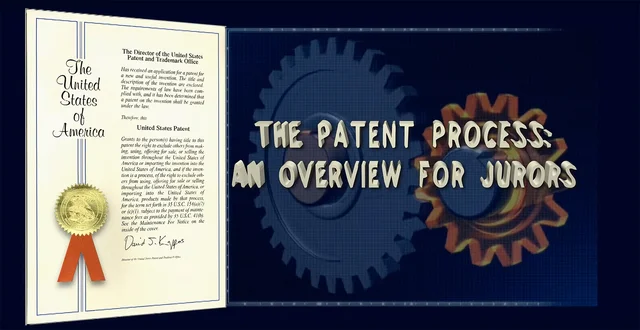Today's case begins with what I imagine is the worst expert report ever presented in a patent case. How do I know that? Because the whole thing was 2 pages, about half of which was explaining that he was not "retained or specially employed to provide expert testimony" and thus did not have to provide a report under Rule 26(a)(2)(B), but merely a summary of opinions under (a)(2)(C). The entirety of the substantive portion of the report is about the same length as this introductory paragraph, which I wrote in less time than it took me to drink a delicious diet pepsi. I was thinking about just block-quoting it here, but it really screwed with the formatting, so you'll just have to scroll to the bottom.

Unsurprisingly the plaintiff in Bausch & Lomb Inc. v. SBH Holdings LLC, C.A. No. 20-1463-GBW-CJB, D.I. 124 (D. Del. Apr. 18, 2024) (Oral Order) moved to strike the disclosure. Equally unsurprising, Judge Burke granted the motion even applying the less stringent requirements of rule 26(a)(2)(C):
The disclosure provides no "facts" at all supporting any opinions; instead, it amounts to a conclusory statement to the effect that Mr. Denning thinks that the asserted claims are invalid for indefiniteness and lack of enablement. Defendant never argues to the contrary. Such a disclosure cannot satisfy the requirements of this part of Rule 26
Id. (internal citations omitted)
Fun fact: the oral order is longer than the expert report.
More interesting, the stricken disclosure was the only expert disclosure offered by the defendant. They did not offer any disclosure at all relating to their other invalidity theories—obviousness and OTDP. Plaintiff then moved to strike those defenses, arguing that the lack of expert testimony was fatal, especially given the alleged lack of detail in the related contentions.
Judge Burke denied this portion of the motion finding it premature in the absence of a further record about the evidence defendant might use to support its defenses:
Much of Plaintiffs' argument here is a complaint about the substance of Defendant's prior contentions relating to invalidity issues. But Plaintiffs never moved to strike those contentions as deficient, nor are they doing so now. And the Court has no idea at this point about what evidence Defendant will muster in an attempt to make its required showing on invalidity--nor whether such evidence will be sufficient to do so. If Plaintiffs think it is clear that Defendant cannot meet the required bar, then they can file a summary judgment motion on the subject at the appropriate time--but such motions will be adjudicated by the District Judge, not the undersigned.
Id.
If you enjoyed this post, consider subscribing to receive free e-mail updates about new posts.





